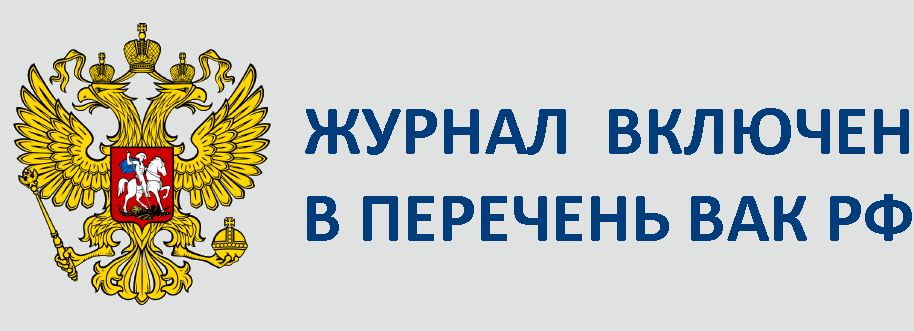№4-2024-02
DOI:10.22281/2413-9912-2024-08-04-14-19
Gorbachev O.V., Mazur L.N.
THE CHAIRMAN OF A COLLECTIVE FARM IN RURAL SOCIETY
AND IN THE SYSTEM OF POWER
The article sets the task of verifying the features of the «ideal image» of the Soviet chairman of a collective farm using sources of personal origin. Despite the fact that chairmen played an extremely important role in the life of rural society, insufficient attention has been paid to them in historiography. The analysis involves the memoirs of N. A. Kuznetsov (the «Krestyanin» collective farm, Bogorodsky District, Gorky Region) and I. I. Bortulyov (the Shchorsa collective farm, Mglinsky District, Bryansk Region). It is significant that the chairmen belonged to different generations of the Soviet rural bureaucracy. The memoirs allow us to judge the limits of the chairman’s capabilities, formal and informal methods of solving current problems. It has been established that, along with the ability to build relationships with regional leaders and ordinary collective farmers, essential components of the long-term successful activity of the collective farm chairman were front-line experience, party membership, previous urban experience of economic activity, local origin, and a sober lifestyle. The content of the activities of the collective farm chairman and the methods of managing the farm in the Stalinist and Khrushchev-Brezhnev periods differed significantly; the ways of improving the lives of collective farmers at different stages of the Soviet collective farm system were also different.
Keywords: agrarian system, collective farms, Soviet rural bureaucracy, social structure, memories.
Ural Federal University named after the first President of Russia B. N. Yeltsin (Yekaterinburg, Russia)
Это произведение доступно по лицензии Creative Commons «Attribution-ShareAlike» («Атрибуция — На тех же условиях») 4.0 Всемирная






